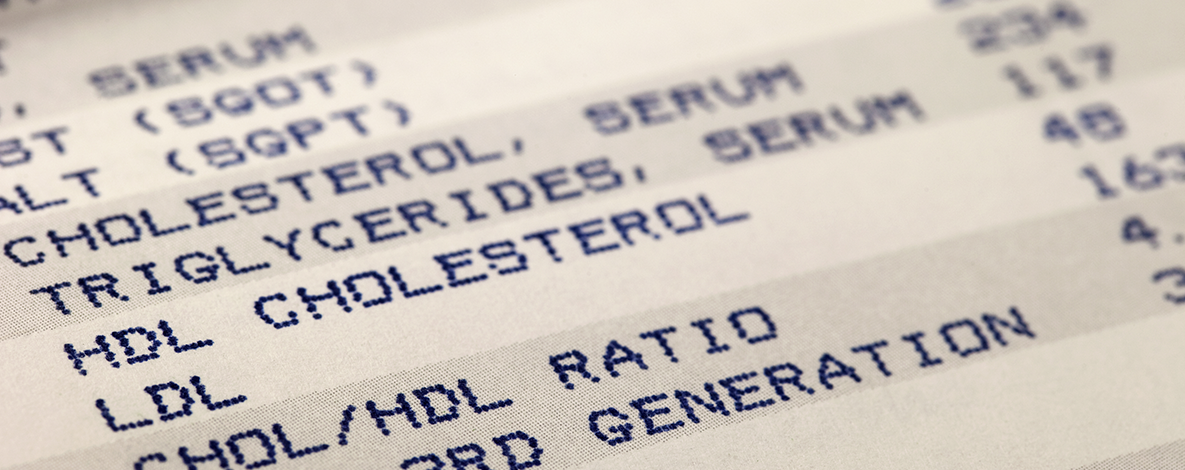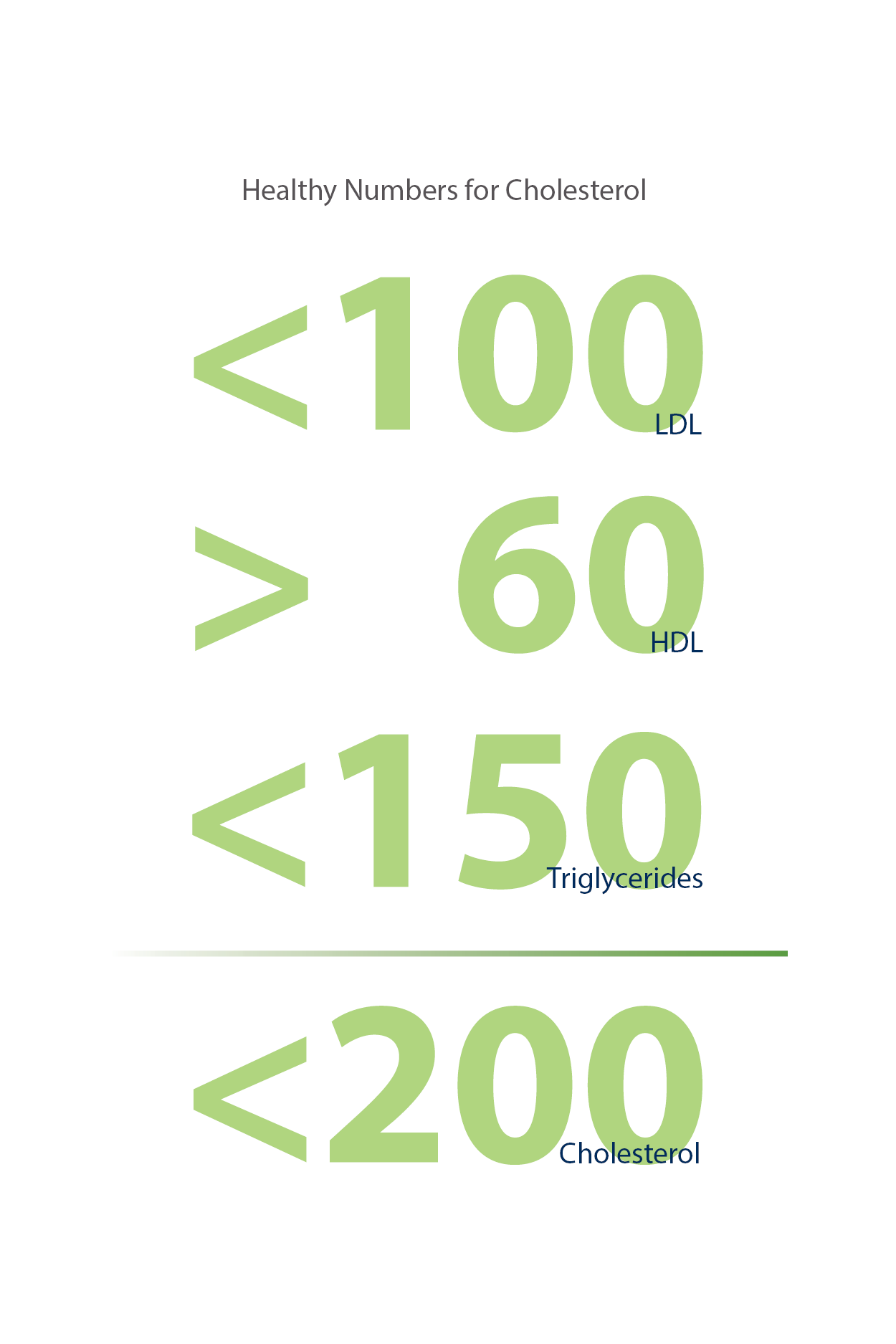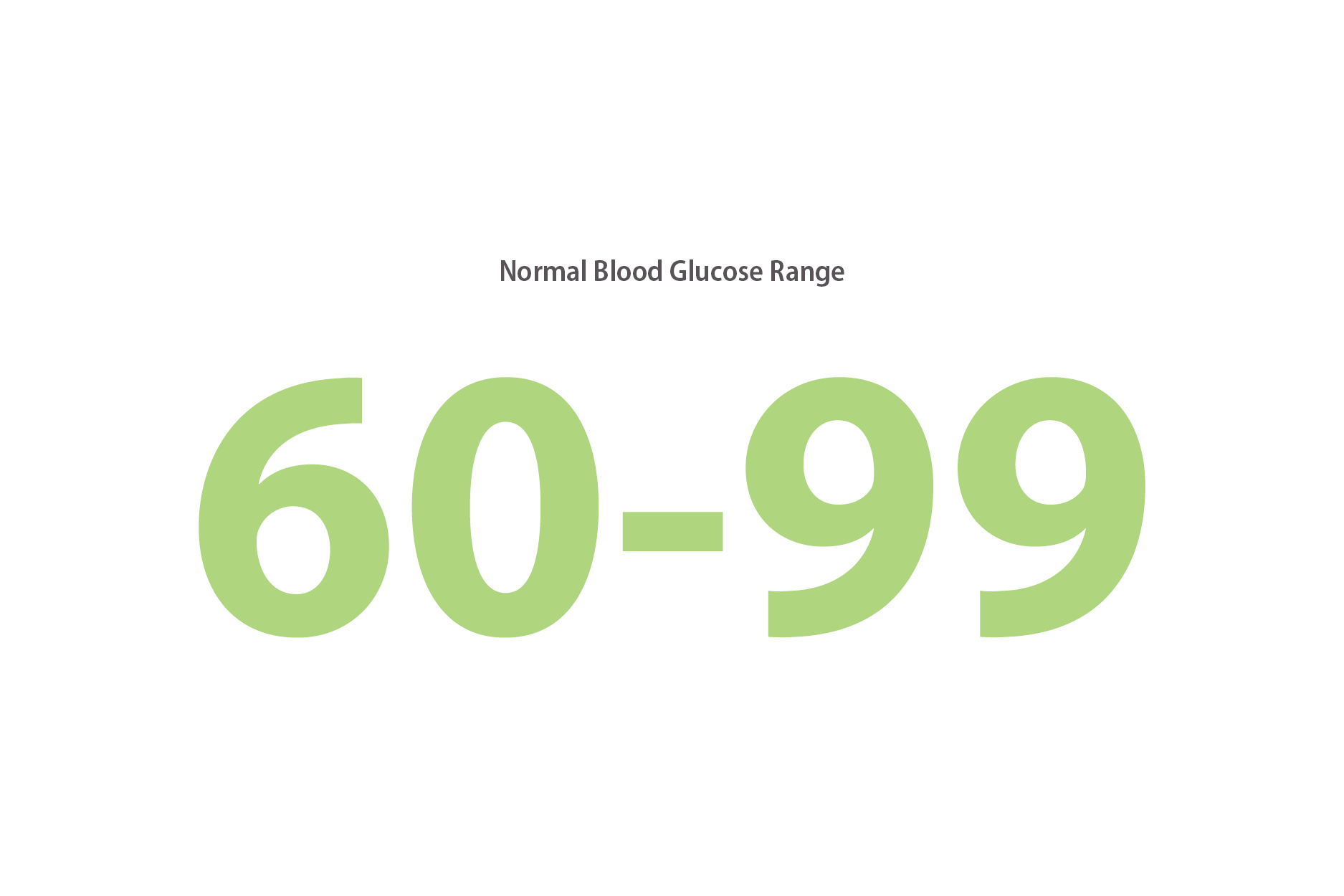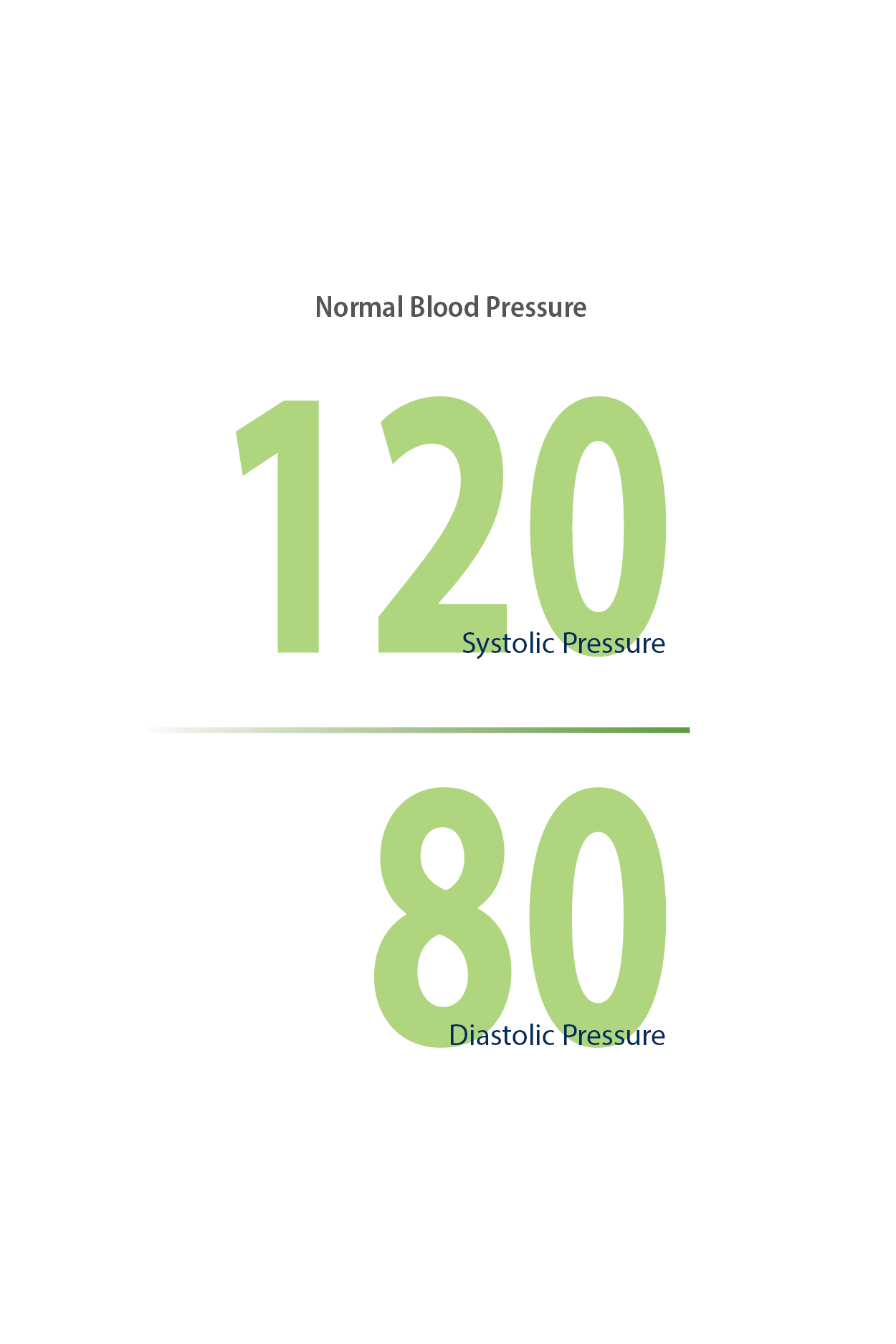Know Your Numbers

If you are unsure what your numbers are, schedule an appointment with your primary care physician. Our Chronic Disease Management & Prevention team can work with you to understand and manage your numbers.

Cholesterol
Cholesterol is a waxy, fatty substance that is both produced within your body and absorbed from foods you eat. While cholesterol is needed in order for cells to reproduce, an elevated cholesterol level can put you at risk for developing other health issues, such as a heart attack or stroke.
- LDL: “Bad” cholesterol, results in fatty build-up in your blood vessels that causes blockages.
- HDL: “Good” cholesterol, helps to eliminate LDL cholesterol from your body.
- Triglycerides: Most common type of fat stored in your body, comes from excess dietary intake.
- Total Cholesterol: Total score made from three components: LDL, HDL, and Triglycerides.

Blood Glucose
The blood glucose level measures the amount of sugar floating around in your blood stream. A consistently elevated blood glucose level can result in the diagnosis of prediabetes or even diabetes. Dietary and lifestyle changes, such as exercise and implementing a well-balanced diet, can improve your blood sugar.

Blood Pressure
If left untreated, high blood pressure can result in damage to your blood vessels, putting you at an increased risk for developing heart disease, kidney disease, and stroke.
- Systolic Pressure measures the pressure exerted by your heart when it beats.
- Diastolic Pressure measures the pressure exerted by your heart when it’s resting.

Download the Free Resource
Access a printer-friendly version of the resource to reference later.